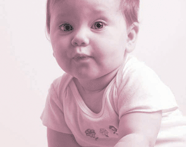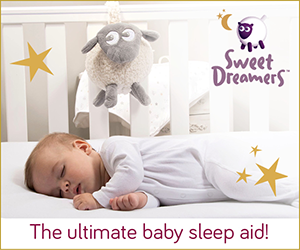Q&A with Dr. Fleming

What about stinging insects?
There are a variety of stinging insects, including honey bees, bumble bees, wasps, and hornets. Symptoms can be local or systemic, which means other symptoms are involved. If your child has other symptoms such as wheezing or gastrointestinal complaints they should be tested. You can consider immunotherapy or desensitization (allergy testing and shots). If more than just a local reaction they should carry an epipen and wear a Medic Alert bracelet. You need to ensure all caregivers or camp counselors are aware. They should also be educated to avoid high risk areas and avoid wearing brightly coloured clothes and perfumes as this attracts insects.
How do I encourage good eating habits?
It is good to eat as a family when possible. It is great family time and you are not tempted to just grab what is available. You should avoid eating while watching television for the same reasons. You should avoid bribing and rewarding with food as this can promote bad habits for later. Encourage your children to listen to their cues and never force them to eat. If you want your children to have good eating habits, parents should also have good eating habits, ensuring that their children have good role models to look up to.
What about exercise?
Unfortunately, 25% of Canadian children are obese and 50% of them are not meeting the recommended exercise targets. The whole family should participate in physical activity. You can go to the park, ride your bikes, walk to the store, or play tag. The goal is to spend 30 minutes a day on physical activities. How much television? Limiting television viewing increases children’s activity levels. Current evidence suggests limiting television watching to less than two hours a day in kids over the age of two and those younger than two should watch no television. It is recommended that they not have a television in their bedroom as this increases television watching.
Does my child have allergies?
It is that time of year again – when hay fever presents itself. The symptoms are seasonal: sneezing, itchy watery eyes and nose. The usual culprit in April-June is trees, grasses in June-July, and ragweed in August – September. The skin-prick tests can confirm this. There are several options for treatment, including antihistamines by mouth, eye drops and steroid nose sprays. The options vary by severity of symptoms and age, so consult with your physician first. Immunotherapy (allergy shots), are also an option that requires consultation with an allergist (doctor specializing in allergies).





